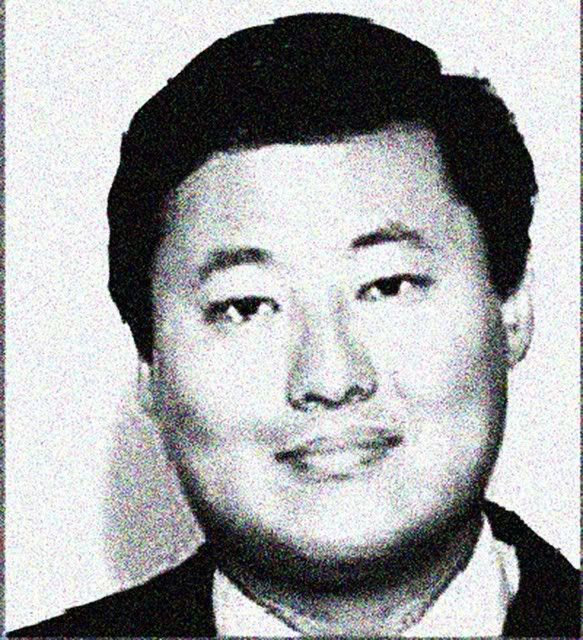WANTED

John Yoo
A/K/A Professor Organ Failure. Known to associates as "Vlad." Yoo is wanted (or will be) by international criminal authorities for the commission of war crimes.
Gosh, Spotty, that was dramatic. Do you really think he is?
It doesn't matter what Spot thinks; there are some pretty good commentators out there that think he is. Professor Organ Failure is the principal author of the Justice Department Office of Legal Counsel's memorandum (Part One and Part Two), released last week, holding the view that harsh interrogation of detainees in the warron terra did not violate US law or the Geneva Convention.
Among other reasons, Professor Organ Failure said that such trifles as US law and the Geneva Convention did not apply to the president because:
It is also a canon of construction that laws of general applicability are not read to apply to the sovereign. In United States v. Nardone, 302 U.S. 379 (1937), the Supreme Court explained its application: (1) where it ''would deprive the sovereign of a recognized or established prerogative title or interest," id. at 383; or (2) "where a reading which would include such officers would work obvious absurdity[,]" id. at 384. As the Court explained, "[a] classical instance" of the deprivation of a recognized or established prerogative title or interest "is the exemption of the state from the operation of general statutes of limitation." Id. at 383.
Here, the application of these statutes to the conduct of interrogations of unlawful combatants would deprive the sovereign of a recognized prerogative. Historically, nations have been free to treat unlawful combatants as they wish, and in the United States this power has been vested in the President through the Commander-in-Chief Clause.
This is on page 15 of the memorandum. POF is full of canons of construction, and in the end reminds Spot of the song he used to hear on the Morning Show on MPR: "I Am My Own Grandpa." As others have pointed out, Yoo was obviously trying to justify a position, not give legal advice. Yoo is a dangerous proponent of the "unitary executive," a notion that the president can do anything in the name of national security.
Glenn Greenwald has a very good summary of the Yoo memo at John Yoo's war crimes posted at Salon. Here's a nugget that Glenn picked out Yoo's feat of legerdemain:
If a government defendant were to harm an enemy combatant during an interrogation in a manner that might arguably violate a criminal prohibition, he would be doing so in order to prevent further attacks on the United States by the al Qaeda terrorist network. In that case, we believe that he could argue that the executive branch's constitutional authority to protect the nation from attack justified his actions.
Oh, Spotty! There must be some limit on what the president, or someone acting on his behalf, can do?
Well, if there is, Professor Organ Failure hasn't seen it yet:
Dahlia's [Lithwick, another writer at Slate] aptly summarizes this just-released memo's constitutional conclusion: "if the president authorizes it, it isn't illegal."
Law professor Jack Balkin summarized why Yoo probably won't be taking any foreign vacations in the future:
Those responsible for the interrogation of Detainee 063 face a real risk of investigation if they set foot outside the United States. Article 4 of the torture convention criminalizes “complicity” or “participation” in torture, and the same principle governs violations of Common Article 3.
There are a number of countries, including several in Europe, that assert the principle of "universal jurisdiction" to try war criminals.
This is among the sorriest chapters in American legal history. It would be entirely fitting if John Yoo had to stand in the dock somewhere and try to justify what he has wrought.
No comments:
Post a Comment